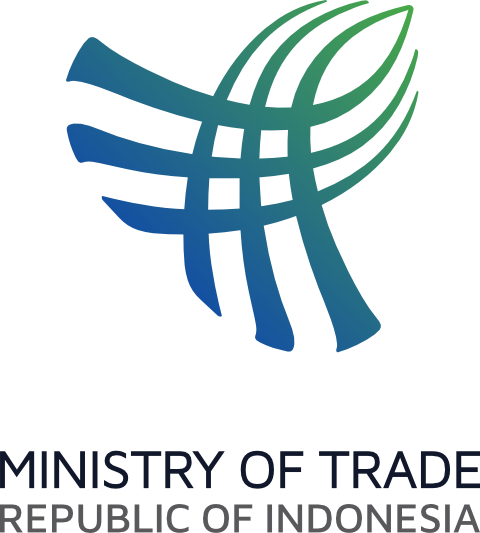
Reviving the Dying Paper Industry
Reviving the Dying Paper Industry
Stakeholders bemoan the comatose state of the Nigerian paper industry and made case for its resuscitation because of the critical role of paper in the country’s economy, writes Dike Onwuamaeze
Industrialists, economists, academicians and other stakeholders that gathered at the Oriental Hotel, Lekki, Lagos State, on Thursday, April 16, for the Business Roundtable and Inauguration of the World Envelopes Day that was organized by the FAE Limited to mark its 50th anniversary took time to brainstorm on the state of the paper industry in Nigeria and contemporary issues affecting the industry.
The Managing Director and CEO of FAE Limited, Mrs. Funlayo Bakare-Okeowo, observed that in recent years, the global push towards a paperless society, especially the rise of digital communication, has posed significant challenges to traditional mediums such as newspapers and postal agencies
She insisted that the world should not give up on paper because it is a bio-degradable product. In her welcome address, Bakare-Okeowo said that initiatives like the World Envelopes Day and business roundtable would “reaffirm our dedication to fostering collaboration, promoting best practices, and embracing the transformative power of technology to propel the paper industry to even greater heights.”
On hand to set the tone for the day’s discussion was a notable economist and the Founder of the Centre for the Promotion of Private Enterprise (CPPE), Dr. Muda Yusuf, who delivered the key note address on, “The Pivotal Role of the Paper Industry in the Nigerian Economy.”
Yusuf stated that there is need address as a matter of urgency the collapse of the upstream segment of the industry in order to revive the Nigerian moribund paper industry.
He said: “We should address as a matter of urgency the collapse of the upstream industries in the sector. I am referring to the paper mills that have become moribund.
“The privatisation of the Jebba Paper Mill, Iwopin Pulp and Paper Company in Ogun State and the Nigeria Newsprint Manufacturing Company should be urgently revisited.
“This would make the raw materials for the downstream paper industries more accessible and more affordable. It would also ease the pressure on our foreign exchange market.”
He also made case for the prioritisation of use of bamboo products in the paper industry. “Bamboo products are eco-friendly, sustainable, and responsibly sourced. Bamboo plants grow very quickly even without the use of pesticides, excessive water or care and regenerates very fast,” he said.
He also argued that major government’s agencies that have huge budgetary allocations for expenditure on papers, envelopes and other paper products should be compelled to patronise domestic paper products producers and service providers such as printers and publishers.
“In particular the idea of printing books, ballot papers, exercise books, currency and security documents outside the country should be discontinued. We have enough domestic capacity to handle such printing jobs. Besides such practice is a violation of the Executive Orders 003 and 005 of the federal government. Offshoring of printing jobs or contracts should be discontinued without any further delay,” he said.
Yusuf posited that the practice of setting up printing press by states and federal governments is an anticompetitive practice that should be discontinued.
He said, “I am proposing that we put an end to this practice in the interest of fair competition. Printing press currently owned by governments should be privatised. A printing press is not a social service or a strategic or security enterprise. There is, therefore, no compelling argument for governments to own printing press and creating unfair competition with private investors in the printing industry.
“While private sector printers are sourcing funds at above 30 per cent, their competitors in government are enjoying massive subsidy and getting funding from government budget. Such practice is in conflict with the principle of level playing field and fair competition.”
ThisDay, 23 Apr, 2024








